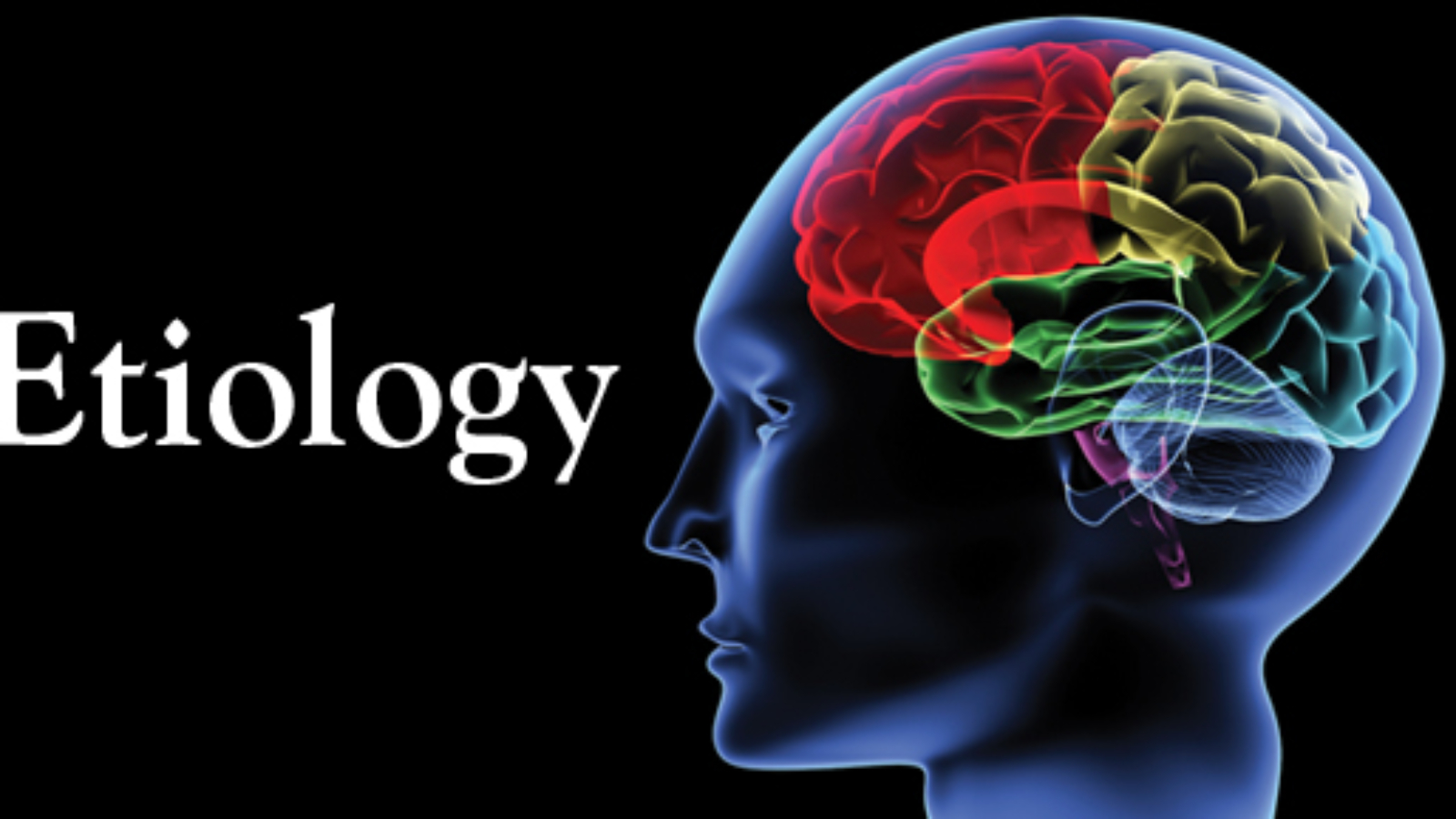STRANDOMS: the stray and random thoughts
July 23, 2017
Prof. S. Ramkumar
Education, life
Etiology of Excelling
Excellence is rooted in various factors, leadership being one of the foremost. A perspective on leadership to bring out the best. It’s often a profession that students (parents and teachers) or people chase even from an early childhood to become a part of, but excelling in whatever we choose which is the key to contribution, often gets forgotten. It’s not what you want to become, but bringing the best in you to what you become, the key of success, service and happiness. Essentially it means excelling in what we do as quoted by the example of Martin Luther King Jr.
“If a man is called to be a street sweeper, he should sweep streets even as a Michaelangelo painted, or Beethoven composed music or Shakespeare wrote poetry. He should sweep streets so well that all the hosts of heaven and earth will pause to say, ‘Here lived a great street sweeper who did his job well.”
In general our priority is what a boy or girl wants to become especially after their +2 Schooling or A levels. All the efforts and energy are driven towards choosing a job..probably getting an admission into medical, engineering or other professional courses is one level of satisfaction (often for parents!). However, what I feel is that the performance in the profession is a continued affair that is often more important than the job or profession chosen, especially to justify the profession of service we chose. The second part is conveniently or habitually forgotten.
The profession or job is not the end as often perceived. It is in fact the innovations, processes and activities of originality in a job that brings out the excellence in the person, contributing to profession and society. This is a wider area of discussion. I plan to focus on one theme that may improve our outputs in terms of, again a much bigger theme- Leadership.
Some reflections that we can ask to ourselves would be:
- Did I change anything in the present format of job in which i am working?
- Have I changed the way in which I deal with people, policy, institutions in a way that is beneficial to them?
- Did my sitting in a chair of a task, helped or brought happiness to people or myself ?
- Am I following a mediocrity in functioning?
- Do I feel this as a monotonous job?
I am not keen to give “right” answers to above as I perceive.
The point is each one of us has a leader and follower in us. It is important to identify the leadership in us and apply it if we want to excel. Or else it may be a convenient way of being a follower. Being a follower in leadership positions halts development and growth.
Attempting to crack down or oversimplify a big phenomenon like leadership in jobs or tasks as I feel is the function of
- Vision
- Courage
- Ability to withstand the consequences of what we do.
- If needed, finding ways through incompetence and inefficiency, to ultimately fulfil the duty called by the job.
Interestingly by virtue of the positioning as a leader (government or NGO), we are expected to be capable of the above.
To be able to do so, we also need to assess our capacities and weaknesses from a personality and social context (This is another theme of discussion). This analysis can help to bring out the best in us.
Dr APJ Abdul Kalam interestingly explains in a wider context to Indian democracy in the chapter Creative leadership in his book “A Manifesto For Change” (2014).
Excelling or performing well in whatever we are doing is essentially a factor of inventing our leadership abilities and taking them over the “follower” attitude.
Many of us complain about why we cannot perform or excel. One of the interesting books “The Last Lecture” by Randy Pausch, a Professor of Computer science at Carnegie Mellon University, who lost his battle with pancreatic cancer in 2008, while he was 46, explains a perspective on lessons of life, and complaining:
“ Too many people go through life complaining about their problems. I have always believed that if you took one-tenth the energy you put into complaining and applied it to solving the problems, you would be surprised by how well things can work out….. We all have finite time and energy. Anytime we spend whining is unlikely to help us achieve our goals. And it won’t make us happier”
It’s not what you want to become, but bringing the best in you in what you become,
the key of success, service and happiness.
Bringing the best in you means finding the leader in you,
finding the leader in you in terms of Randy would mean
focusing on solutions and not on complains.. vision and courage follows.
Excelling: the root is the leadership already within you, discover and ignite.




